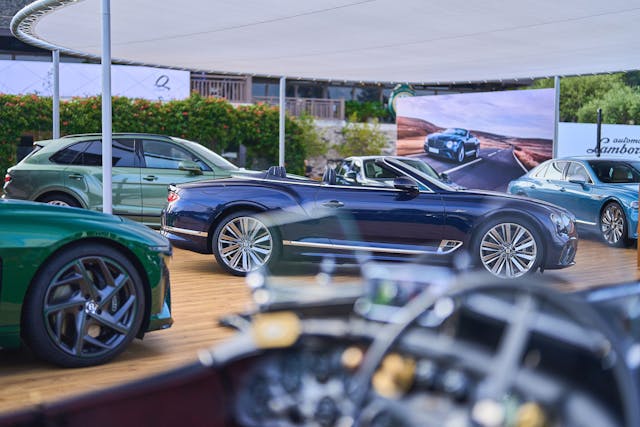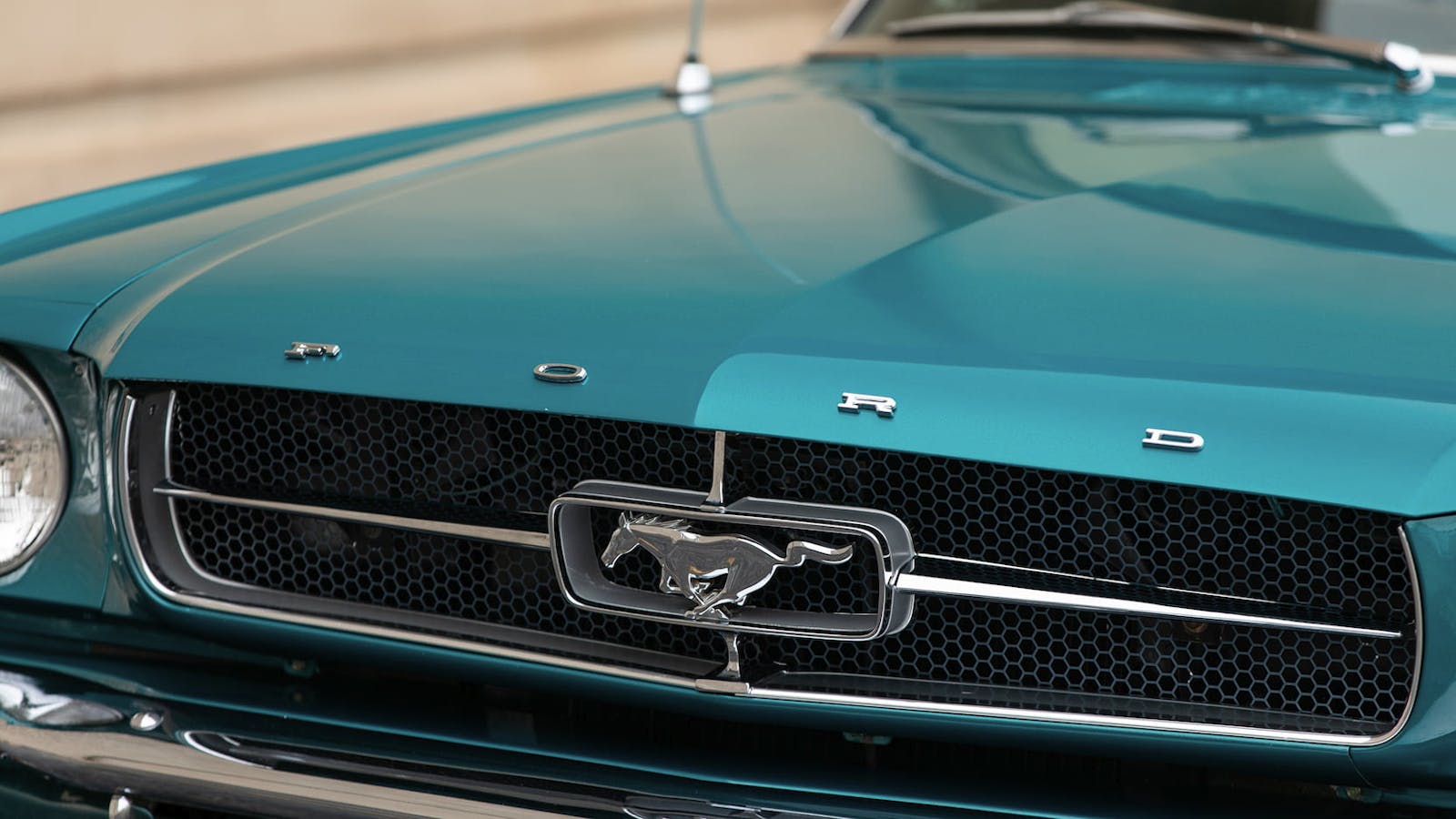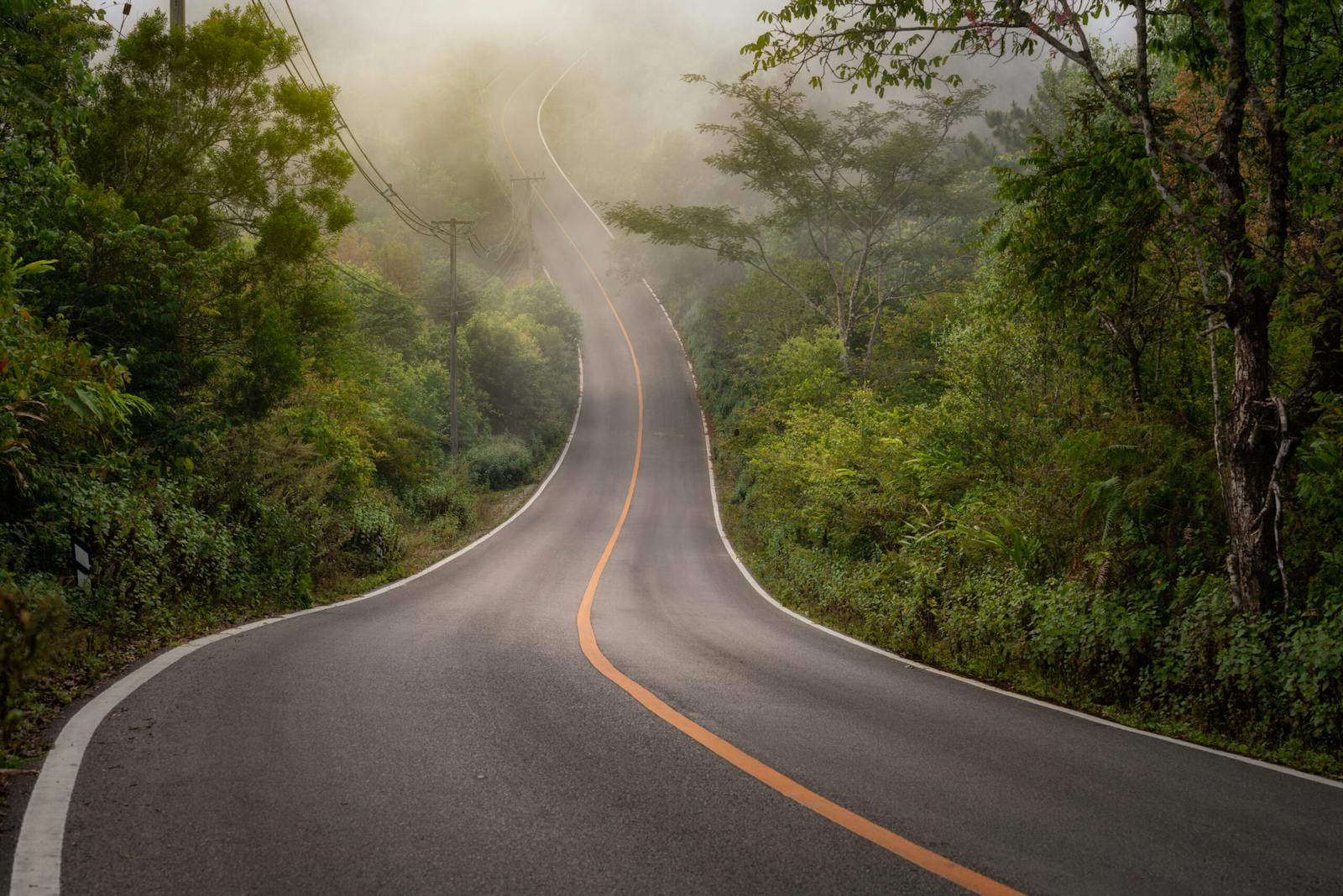Why the super rich might be spending less than they used to—and why that might be a problem
Judging by the atmosphere and sales in Monterey last month, life has returned to normal for the wealthiest among us. Yet the enthusiasm and relief on display at the ritzy event bely the bigger picture in the collector car world and the economy: The richest Americans aren’t opening their wallets as much as they used to.
In the 20 months since the start of 2020, the upper quartile of America’s wealthy have gotten far wealthier but have spent at a slower pace than the rest of the population, according to rolling analysis published weekly by Opportunity Insights.
That pattern carries into collector cars. Although the market has grown at an unprecedented pace during the pandemic and is on track for its best year ever in 2021, most of the gains have been for cars costing less than $50k. Vehicles valued at more than $1M in concours (#1) condition have essentially been flat since 2019, whereas those in the sub-$50k bracket have appreciated 16 percent. A far cry from 2013–2015, when million-dollar cars appreciated 69 percent and attainable ones lagged behind.
There were signs of this caution even within the happy bubble of Monterey. Total sales, at more than $350M, were vastly better than in 2019 but didn’t quite match the peaks of the previous decade, when totals surpassed $360M in three different years. Sell-through rate for $1M+ vehicles was 69 percent—a marked improvement from the doldrums of 2019 but lower than the overall sell-through rate of 81 percent. Although there was vigorous bidding for seven-and eight-figure cars, a few high-profile misses, such as RM Sotheby’s 1970 Porsche 917k and Gooding & Company’s 1966 Ford GT40, made clear that collectors weren’t here to buy everything in sight.
The problem with saving
You might fairly wonder why any of this is a problem, especially given the list of other concerns economists can wring their hands over right now—inflation, the new Delta variant, stubbornly high unemployment, to name a few. Yet if the richest among us are choosing to spend less, there could be consequences for everyone else. Simply put, the less money rich people spend on goods and services, the less wealth trickles down to everyone else.
“Since upper-income households saved more during this period, the outlook for consumer spending will largely depend on those households,” Oxford Economics economist Nancy Vanden Houten told CNBC in August, saying the savings versus spending situation “is unprecedented” and consequential for the broader marketplace.
The key reason the 1 percent aren’t spending as much right now is one the 99 percent can relate to: Uncertainty. Concerns about public health, the environment, and the economy are driving the wealthiest Americans to plow money into equity markets, charities, or tax shelters. And like everyone else, the rich had fewer things to spend on during the height of the pandemic, and might not be able to make all that up now.
“There are some limits in spending. Will wealthy people go on two vacations instead of one because they missed one in 2020? Or will they just take one more elaborate vacation? We don’t know,” said Vanden Houten.
Vacationing is particularly hard if you can’t find a plane. The shortages middle class Americans are seeing in everything from restaurant service to pickup trucks stretch all the way up to private jets, long seen as the ultimate symbol of status and extravagance. Much like the mass car market, the plane market is plagued by supply chain kinks that limit new inventory. This puts pressure on the used market, primarily because those with used planes aren’t selling because they can’t find a replacement. So, even if you’ve got the cash, it’s nearly impossible to find quality merchandise.
Data from real-estate services provider Zillow suggests the market for ultra-luxury homes, which had been red hot toward the end of 2020, has become similarly constrained by low inventory. This would suggest that the well-heeled are simply bumping up against old fashioned supply and demand.
“The rich are spending money like crazy”
Not everyone agrees the super rich are holding back.
“We have seen robust bidding and sales throughout the price spectrum since returning to live, in-person auctions in June 2020, especially prevalent in Monterey where all of our top ten sales exceeded $1 million,” said Dave Magers, CEO of Mecum Auctions. Indeed, 121 cars valued at more than a million dollars crossed the block in Monterey, and more than two thirds of them found new homes.
Top-tier collectors are purchasing even more vehicles privately. “Wealthy people are spending money like crazy,” Mark Hyman, founder of Hyman Ltd. Classic Cars, said in an email. “Our sales of million dollar plus cars are stronger than ever before…I can tell you that at the upper end sales are extremely brisk.”
The notion that wealthy people might be eager to buy million-dollar cars but slightly shy about doing so in public plays into simple human psychology and herd behavior.
For instance, billionaires—as a peer group—are into good works or ambitious endeavors right now, whether they be philanthropic or egotistic. Three of the richest men in the world are in a space race that requires big money to win, for instance. The broader billionaire set, meanwhile, is on what one media outlet deemed a “philanthropic spending spree,” with charitable giving reaching nearly a half-trillion dollars in 2020, a record.
“Uneasy affluence”
When times are tough, rich people not only tend to give more away but also try to look like they are in touch with the masses. Boston Consulting Group, shortly after the pandemic, published a report outlining the troubles that certain luxury-goods makers would face if the coronavirus remained a problem for a long period of time.
“The next decade will be one of uneasy affluence, with shoppers in many parts of the world reverting to less conspicuous forms of luxury,” the firm said. “In a recent BCG consumer survey, more than half of the respondents expected their preference to increase for luxury items that are understated and everlasting.”
Shauna Moran, an insights analyst at marketing analytics firm GWI, said that while it’s generally true “the COVID-19 crisis put existing social inequities in the spotlight, making some less eager to show off their wealth. But research indicating that luxury has become more subtle and discreet rarely breaks this trend down by different audience segments.”
Moran notes that this is a year in which automakers like Bentley are seeing breakneck demand for cars costing hundreds of thousands of dollars, while other indulgences are seemingly taboo because they send the wrong message.
In other words, rich people—like every group of people—are not a monolith. This—along with the very unpredictability of the times we’re living through—is why it is hard to make blanket statements, or longterm predictions, including as it relates to car buyers.
Still, the relatively restrained way in which the wealthiest are spending money right now, including at Monterey, suggests the era of purchasing prestige is not quite over but is being rethought.
Consider billionaire Elon Musk, who recently committed to give away $150 billion, and is spending heavily on trying to take the human race to Mars, but also unabashedly flaunts his $50,000 tiny prefabricated house in Boca Chica as a reflection of the more modest zeitgeist he’s trying to embrace.
In a Tweet, posted in June, Musk did confess to still owning one mega mansion in the Bay Area, but justified it as a heavily-utilized “event” space. “If I sold it, the house would see less use,” he wrote.
As for the tiny house, he was sure to clarify that he is a renter, not the owner.
***
Check out the Hagerty Media homepage so you don’t miss a single story, or better yet, bookmark it. To get our best stories delivered right to your inbox, subscribe to our newsletters.


